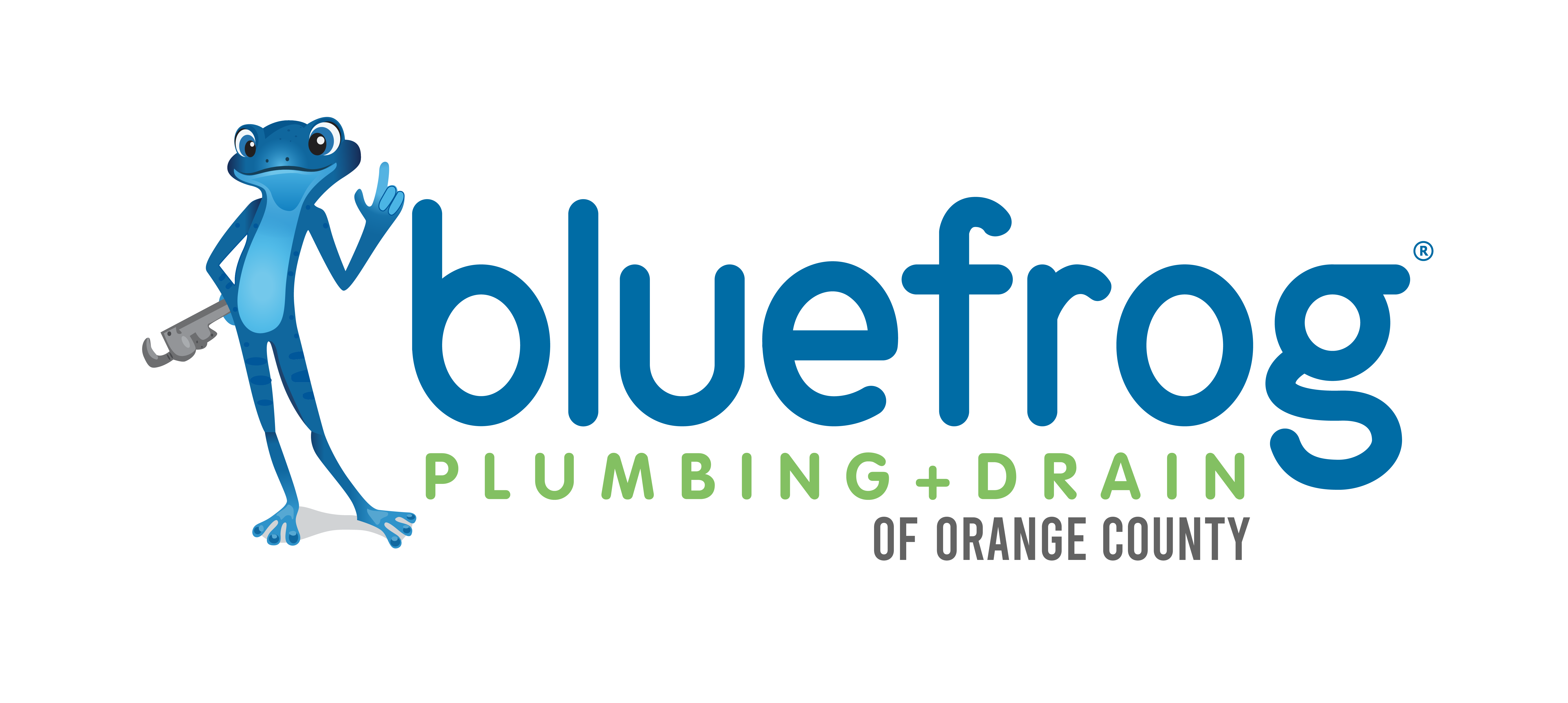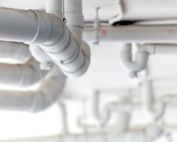Tankless Water Heaters: A Buyer’s Guide
When investigating the purchase of a tankless water heater there are several types available to homeowners. Before you purchase any equipment there are key pieces of information you will need to gather. The following blog will assist you in making a sound decision that will maximally support your needs.
Calculate Your Flow Rate
First, there are two calculations needed to determine the best water heater for your home. The first piece of information is called the flow rate. The flow rate is the number of gallons per minute (GPM) a homeowner requires to accommodate all their appliances running at maximum usage. This rate of flow can be found in the appliance’s manufacturer’s manual. Additionally, the GPM will often be printed directly on specific appliances. By adding together all the various flow rates one will arrive at the number of gallons needed to be supplied by the water heater.
Determine Your Comfort Number
The second calculation you will need to make is called the temperature rise. This number is the difference between the groundwater coming into your home and the internal ideal temperature you, the homeowner, choose. By taking the idealized number and subtracting the groundwater temperature the homeowner better knows the requirements for optimal heater performance.
Choices, Choices
Also to be considered is the type of water heater best suited for the homeowner. There are several types available.
A gas tankless water heater can run on natural gas, if available to your home, or propane gas which is readily available to all. Its longevity is far superior to electric models with an average life expectancy between 15 to 20 years with regular maintenance and proper operation. The initial cost to install a tankless gas water heater is higher than other options but less expensive to run and has a quicker heat-up time which is something to consider.
An electric tankless heater is less expensive to install because it does not require venting. They are also more efficient with a 98% rating as compared to gas systems which have an 80-85% efficiency rating. The downside to using an electric system is the substantial usage of electricity to run them. For a whole-home system, an electric system can use 25,000 watts of electricity as opposed to a conventional system which uses 5,000 watts.
Condensing tankless water heaters operate by extracting heat from the exhaust and using it to boost the heating of the water. This process substantially reduces the temperature of the exhaust and because it has a cooler temperature it can be vented using inexpensive piping such as PVC pipes. This type of system is more expensive to purchase but because of this exhaust removing feature, it is less expensive to install and has higher efficiency.
Non-condensing tankless water heaters use an exchange system to heat water and then directly vent the exhaust outdoors. Because this exhaust is extremely hot it requires stainless steel flue pipes which adds costs to the installation process although it is less expensive to purchase than condensing heaters.
It Helps to Educate Yourself
Knowing the scope of your needs and having the knowledge to choose the best appliance will significantly improve your chances of installing a system that accommodates your hot water requirements even at peak demand. A little research and general knowledge can save you hundreds of dollars over the lifespan of your water heater. Need help installing a tankless water heater in Orange County? Contact us today! We are tankless water heater experts in Irvine and the rest of Orange County!

Slab Leaks: A True Plumbing Emergency
Home building following World War II was aggressive, so many houses were built on cement foundations to reduce the time it took to build them and to keep costs at a minimum. They were
How To Extend The Life Of Plumbing Pipes
A plumbing system consists of a complicated series of pipes, fixtures, and appliances that provide the infrastructure to run a well-functioning home. In this article, we will focus solely on plumbing pipes and ways
3 Silent Signs You Have A Plumbing Problem
Some plumbing issues announce themselves with a fury such as a drain backing up with sewage or a burst pipe, while others remain silent and destructive. In this article, we will reveal 3 signs



